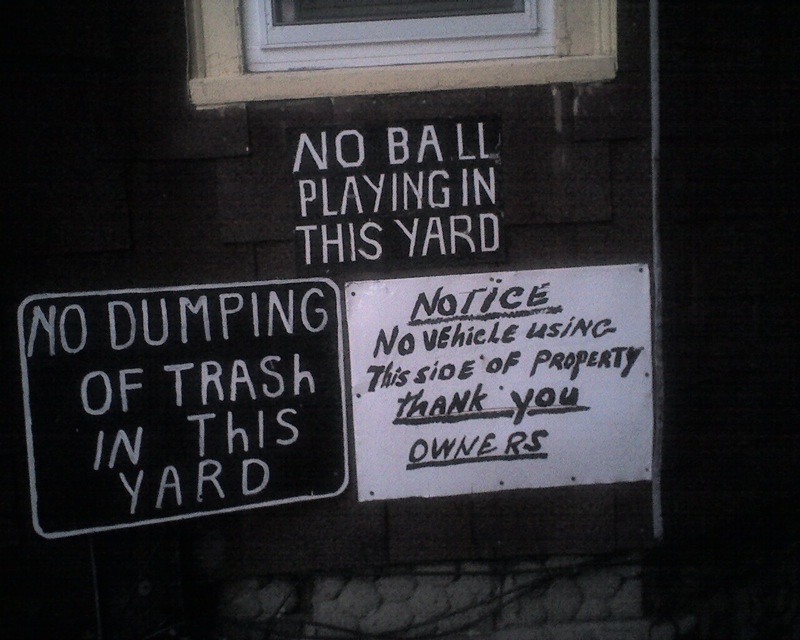
Quality. Photo: Stefan Dotti
If nothing has come of my time at University, it has helped me to strengthen and tighten my senses, giving me control over what I see, hear and retain. That’s a skill for life that’s going to help me regardless of what sort of career I end up in. If nothing sums it up better, its this statement Dilios makes in Frank Miller‘s 300:
A heightened sense of things. The seaborn breeze, coolly, kissing the sweat at his chest and neck. Gulls cawing, complaining, even as they feast on the thousands of floating dead.
Beautiful and vivid. That’s exactly the kind of attention I pay to my surroundings and environment. I have always had an attention to detail, the stimulation that comes from noticing is a reward for my brain. But between the concepts in Networked media, and the exercises performed in WMT, I have learned a greater control over my senses. Particularly hearing as well as retaining information. I collect vinyl records, so I am used to a higher quality analog sound regardless. I love the depth in the music when its played at its warm and ambient best. When you learn how to use your ears to distinguish, hone in on and control a selection of sounds from the soundscape around you, the experience is even deeper. From these two activities combined, my perception of sound has been completely altered.
I pay attention to tones, sonic qualities and textures in sound that I never experienced before. Even when hearing a song through my car stereo I can now separate the layers and elements of the sound and identify a much cleaner and crisp rhythm, beat, riff, or line. It’s the richness of the experience that I’ve come to enjoy.
It’s the same visually. Taking in the sights around me, noticing those little details and textures of a building, of a piece of furniture, of a car. It creates a more vivid and colourful memory. Something almost tangible. Lucid in its very being. This sort of thinking, the behaviours are only going to help me in life. If you can pay attention to things, retain this information and communicate it effectively, there’s going to be a whole lot of roadblocks that don’t impede you anymore. Paying attention to detail and caring about your environment are important parts of any aspect of life. But as I am starting a career in the media industry within the near future, it becomes even more relevant.


